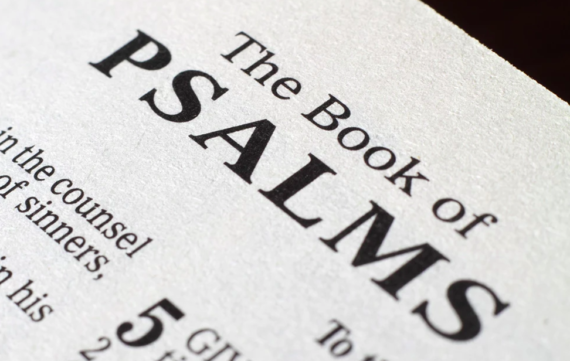Psalm 29
In one sense there is not much to be said about this psalm. The text says what it means and means what it says. The main theme is perfectly clear – praise. We need times of praise. Teaching is good. God wants us to make our requests known to him. But we need times when we just praise the Lord.
A couple of questions
There are two questions brought on by the translations of this Psalm. Let us touch on these questions but then we must return to the main point.






In the ESV we have the words “O heavenly beings” in verse one. This is translated “Mighty ones” in the NIV and NKJV.
To whom, then, is this Psalm addressed? Who is being told to praise the Lord? Is it angels, people, or possibly spiritual rulers in heavenly places? The LXX uses the words huioi theou, sons of God. It is safe to assume that the exhortation to praise given here applies to everyone, in heaven, on earth, and under the earth. Philippians 2:10 supports this view.
The second question is the meaning of the phrase at the end of verse two — “in the splendour of holiness” or “in the beauty of holiness.”
It could mean that we should worship God in full recognition of His holiness. That is how the NIV translators seemed to understand the phrase. The words may not demand this understanding. But the concept is certainly true. We ought to recognise that God is in a class by himself.
The words could also mean that we should be holy when approaching God in worship. This, of course, presupposes the holiness of God. For why would our holiness matter to a God who was not himself holy? Certainly, we should be holy because the God we worship is holy (Lev 11:44). But caution is needed here. Too much emphasis on our own holiness may sometimes shift the focus of worship to ourselves, as it did for the Pharisee in Luke 18. It is far better to recognise our unworthiness in God’s sight, to focus on the splendour of his holiness than to pride ourselves on our supposed holiness.1
The main theme
But let us leave aside the questionable translations and return to the main point. We need times of praise. Teaching is good. God wants us to make our requests know to him. But we need times when we just praise the Lord. There ought to be times of awe, times of praise, times when we ask nothing, but just give thanks.
To do so, we must recognise that he is holy — truly separate and apart from all others, in a class by himself! We should, in approaching such a God, strive to maintain holiness ourselves. We should participate in the ceremonies that set us apart from the world, from those who do not honour God. We should also live out what the ceremonies imply. We should worship the Lord in the splendour of holiness.
1 Psalm 22:6 led Isaac Watts to use the words “such a worm as I” in one of his hymns. Modern hymnals have changed the wording to “such a one as I.” Was Watts being morbid or are we being fussy, or perhaps even arrogant?

